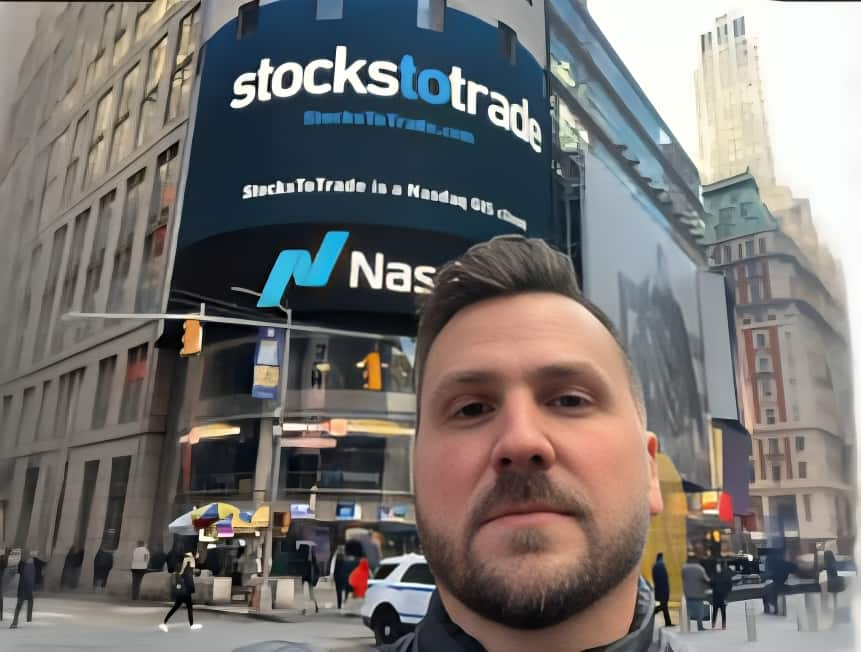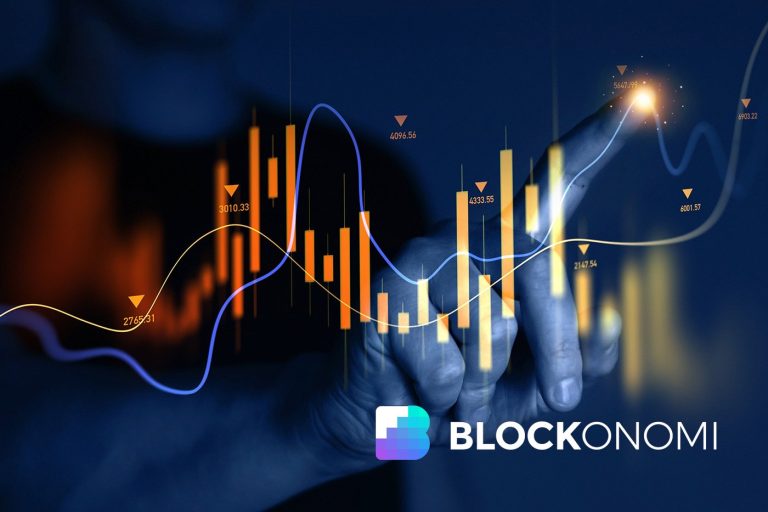
The world of trading has drastically changed over the past decade, largely thanks to the rise of fintech. Once dominated by Wall Street elites armed with exclusive access to high-speed data, advanced tools, and intricate algorithmic systems, the trading landscape is now more accessible than ever to retail investors.
The Paradigm Shift in Trading
For years, institutional traders held a significant edge over independent traders. Direct data feeds, high-frequency trading, and entire research teams allowed Wall Street to maintain dominance. Retail investors, on the other hand, were left with slower information and simpler tools. Fintech has completely transformed this scenario by bridging the accessibility gap.
According to Zak Westphal, Co-founder of StocksToTrade, “When I began my trading career, the disparity in resources was overwhelming. Today, retail traders can access real-time market data, sophisticated scanning tools, and even algorithmic trading systems previously reserved for hedge funds.”
Algorithmic Trading: No Longer Exclusive to Wall Street
Algorithmic trading, once a tool exclusive to institutions, has empowered the retail trader. Essentially, this method allows traders to set rules for buying and selling—like having a robot assistant executing trades based on predefined conditions. Platforms such as TradingView now offer entry-level algorithmic trading tools, opening the door to traders who want to remove emotional decision-making from their strategies.
An important distinction here is between algorithmic trading and AI-driven trading. While both involve algorithms, AI-driven trading adds complexity and adaptability, such as analyzing news sentiment and adjusting strategies on the fly. Tools like these have revolutionized how retail investors compete.
Regulatory Shifts in the Fintech Landscape
As fintech continues to grow, regulations are beginning to catch up, encouraging credibility and transparency within the industry. Zak Westphal argues, “This regulation isn’t a bad thing; it forces companies to ensure their tools are reliable while protecting users.” As a result, traders can approach the market with more confidence in the tools they use.
Mobile-First Accessibility Expands Global Trading
Mobile-first platforms are becoming increasingly popular, particularly in emerging markets like Southeast Asia and Africa. These platforms enable millions of new traders to access global markets without needing a traditional brokerage. This has brought unprecedented liquidity and diversity to the global trading ecosystem.
Leading platforms like eToro have simplified accessibility while maintaining advanced options for experienced traders. With features such as copy trading and fractional share investing, these platforms meet the needs of both novice and professional investors.
The Future of Retail Trading
While fintech has undeniably closed the gap between institutional and retail traders, the playing field isn’t entirely even. Institutions still have advantages such as vast capital, teams of analysts, and cutting-edge infrastructure. However, the tools now available to retail investors allow them to trade strategically and efficiently, making it possible for individuals to achieve success in the market.
Retail trading is no longer about competing with institutions—it’s about leveraging accessible tools, educating oneself, and staying disciplined. With the continuing innovations in fintech, the future of trading looks brighter than ever for independent investors.
Recommended Trading Platforms
For retail traders seeking to take advantage of the latest fintech tools, platforms like StocksToTrade and eToro offer advanced features such as real-time market data, algorithmic tools, and social trading functions. These tools empower traders to compete more effectively and build long-term investing strategies.



